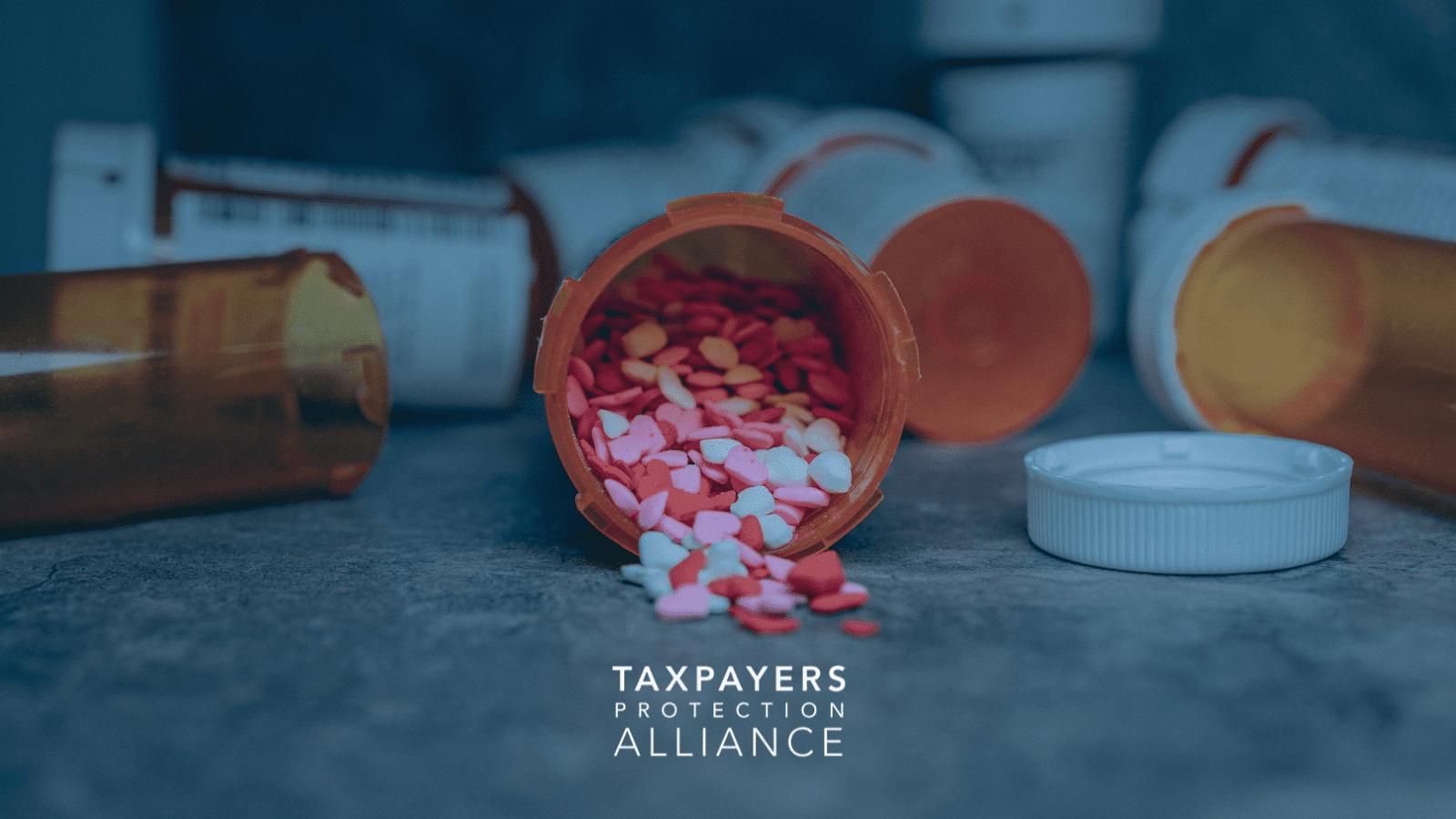
New Report Reveals Abuse Within 340B
Christina Smith
September 11, 2025
Drug prices continue to be a concern for many Americans and taxpayers. One of the main drivers of taxpayer costs is the unprecedented growth of the 340B Drug Pricing Program. This growth leaves taxpayers responsible for bearing the financial burdens of this heavily abused program.
The 340B Drug Pricing Program was established by Congress in 1992. To participate in the Medicaid program, pharmaceutical companies are required to join the 340B program and provide discounts ranging from 20 to 50 percent for specific federally funded healthcare facilities and disproportionate share hospitals (DSH), also known as “covered entities.” The program aims to offer discounted medications to low-income patients and those without insurance. However, due to the lack of a clear definition of who qualifies as a patient and the existence of incentives to keep the discounted pricing for profit, the program has expanded and is now in dire need of reform.
The 340B Drug Pricing Program has experienced significant growth from $9 billion in 2014 to $38 billion in 2020, a 322 percent increase. The number of unique covered entities increased from 3,600 in 2010 to more than 5,000 in 2020, while the number of sites (including provider locations associated with those entities) grew by 700 percent.
New research from Health Affairs reveals ongoing abuse of the program. City hospitals exploit a loophole by classifying themselves as rural referral centers, which allows them to access benefits meant for rural facilities, such as higher reimbursement rates and rural health funds. As a result, urban hospitals have increased by more than 14,000 percent since 2017. Additionally, once hospitals are classified as “rural,” they gain access to 340B discounted drugs, even though they serve fewer low-income patients. Non-profit hospitals, which operate under a tax-exempt status and are labeled as “rural,” continue to exploit the 340B drug pricing program by pocketing the discount difference.
An article in The New York Times about Richmond Community Hospital in Virginia (owned by Bon Secours) revealed that, instead of reinvesting profits from 340B drug sales into its DSH facility and improving patient care, the funds were redirected to develop facilities in wealthier neighborhoods of the city. Dr. Lucas English, who worked in the hospital’s emergency department until 2018, stated, “Bon Secours was basically laundering money through this poor hospital to its wealthier outposts … It was all about profits.” Dr. Peter B. Bach, an advocate on 340B profit use for expanding clinics in affluent areas, commented that the hospitals are “nakedly capitalizing on programs that are intended to help poor people.”
Congress must reform the 340B Program and restore its integrity. This includes establishing a clear definition of eligibility criteria, such as identifying patients as uninsured or low-income individuals not eligible for Medicare or Medicaid. Such measures will help reduce misuse and ensure the program benefits its intended population.
Strengthening oversight through CMS to prevent duplicate discounts and enforcing stricter reporting requirements will promote transparency and accountability. Given the numerous reports highlighting abuse and inefficiencies, reforming the program is essential to saving taxpayer dollars and ensuring low-income patients receive the medication discounts they are entitled to.
